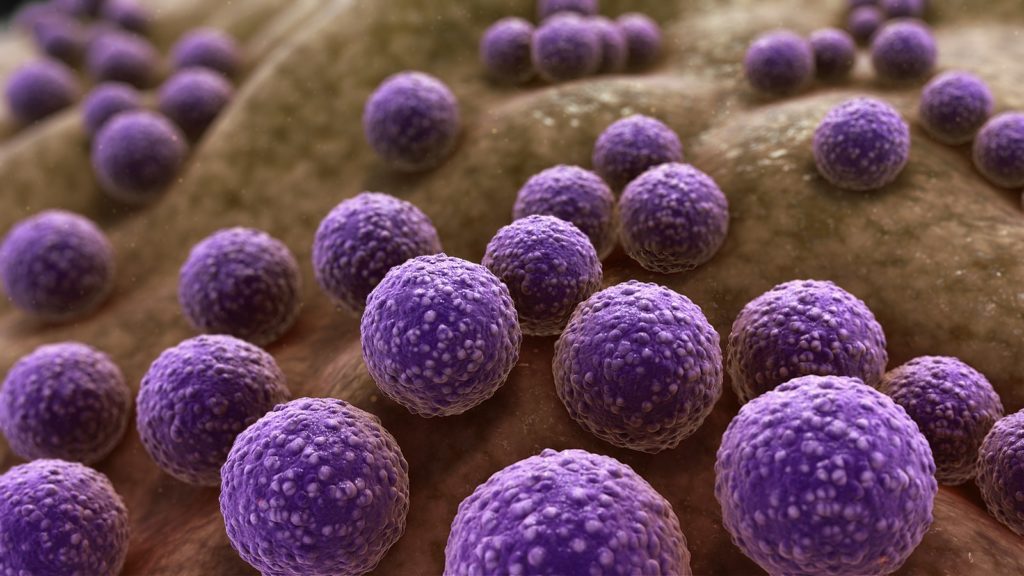Reader question:
Hi Dr Joe
I’ve heard many stories about loss of smell. I’ve had this for a few years now, but I sometimes have different smells but I can’t identify many of them. Recently I thought I could smell pizza for a few days and also the smell and taste of cigarette smoke. I can taste everything I eat but sometimes it’s both at the same time. What is causing the changes in my sense of smell?
Thanks
Michael
GP response:
Dr Joe Kosterich MBBS, General Practitioner and Editorial Advisory Board Member of the Virtual Medical Centre and Parenthub responds:
Your sense of smell can be influenced by many factors from the nose, the sinuses and the brain. Something as simple as a cold can reduce your sense of smell. Likewise for sinus infections and sometimes even ear infections too. Also smoking can reduce your sense of smell.
Allergy problems like hayfever can impact smell, as can a knock to the head, epilepsy and multiple sclerosis.
Less commonly, the exposure to some industrial chemicals, heavy metals and some medications such as chemotherapy can also impact smell.
If you are experiencing a loss of smell your GP may order a range of tests to look for any potential underlying conditions that may be a suspected cause. For example you may be sent for X-rays or a scan of the sinuses if that was a concern. Blood tests can be done to check heavy metal levels however this is not a commonly ordered test or reason for the loss in sense of smell.
Once an underlying cause has been identified then treatment, if any will be directed at any underlying cause.
In most instances the cause is a temporary one (like a virus) and the smell returns quickly.
Get on top of your general health
Find and instantly book affordable GPs within Australia
More information
 |
For more information on the signs, symptoms and treatment of a cold, see Cold. |
 |
For more information on the common causes of allergies, see Allergy. |
 |
For more information on the risk factors, symptoms and treatments for hayfever, see Hayfever. |
All content and media on the HealthEngine Blog is created and published online for informational purposes only. It is not intended to be a substitute for professional medical advice and should not be relied on as health or personal advice. Always seek the guidance of your doctor or other qualified health professional with any questions you may have regarding your health or a medical condition. Never disregard the advice of a medical professional, or delay in seeking it because of something you have read on this Website. If you think you may have a medical emergency, call your doctor, go to the nearest hospital emergency department, or call the emergency services immediately.








